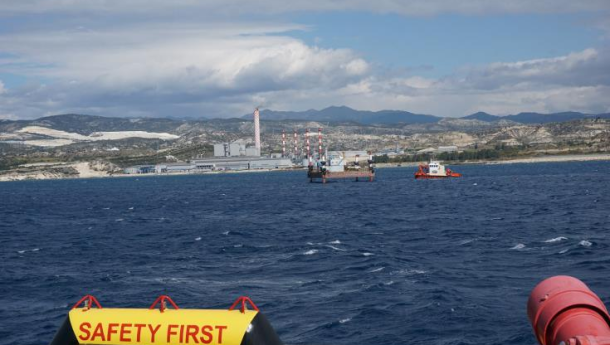
Cyprus’ Energy Minister George Papanastasiou said that there’s already strong interest from potential investors regarding an Israel-Cyprus subsea pipeline to transfer gas from Israeli gas fields to Cyprus for liquefaction and export to Europe.
In an interview with the Cyprus News Agency Papanastasiou said that on May 29, the Cyprus Government will hold a specialized workshop in Nicosia aiming at decision-making on the strategy of Cyprus regarding natural gas. He pointed out that the workshop to be held, concerns the pipeline from Israel to Cyprus and that they have invited companies from each link in the supply chain to participate and express interest.
"There are already indications that there is strong interest from all parts of the supply chain," he said. He added that after the presentations and discussion at the workshop, the companies will be given some time to formally express their interest. After the selection of the companies, he added, the design and implementation of the project will begin.
The workshop will also be attended by the President of the Republic Nikos Christodoulides who will stress the importance of this project for Cyprus and Israel.
The Minister pointed out that the government of Cyprus proceeded with this proposal in an effort to find a way to import low-cost natural gas to Cyprus, given that the LNG prices are currently high due to the demand in Europe. He added that the plan for LNG import from a terminal in Vasiliko will not significantly reduce electricity prices in Cyprus.
However, as he said, the pipeline project would not be viable with the small amount of gas that Cyprus needs for power generation, which is about 0.7 billion cubic meters, so the pipeline should also be used for other purposes such as liquefaction of natural gas for export purposes, in Europe or other markets in Asia.
Papanastasiou noted that the goal is that this pipeline and the infrastructure get financed from investors such as energy companies in the Exclusive Economic Zone (EEZ) of Cyprus and Israel, companies interested in pipeline construction or companies interested in gas liquefaction and export.
He added that these companies are ready to invest because the price of LNG is high, while he noted that Cyprus should take advantage of the current opportunity.
The Minister also said that this pipeline with Israel should pass through a corridor that has been already evaluated and this is the corridor that has been evaluated as suitable for the EastMed pipeline to pass, which as he said is not an easy corridor but it is not prohibitive.
In relation to the dispute with Israel over "Yishai" field bordering Cyprus’“Aphrodite” field, Papanastasiou said that resolution of this issue is not a prerequisite for pipeline project to proceed, adding however that “when you enter into some arrangements with a neighbor country you don’t want problems in other areas”.
He noted that the issue should be resolved in order to free the two countries' dialogue on the great project of the pipeline.
The Energy Minister added that they gave their comments on " Yishai" last week in a document handed to them by Israel for an interstate agreement that would settle the dispute between the managing companies of the two fields.
At the same time the Minister said that in addition to Israel-Cyprus pipeline, the option of utilisation of the infrastructure in Egypt for export of gas from Cyprus fields, is still on the table and it’s up to the companies to do their techno-economic studies and choose one of the options.
We are not in an area of geopolitical insecurity
Asked if he shares the view that the development of Cyprus gas did not proceed for political reasons, Papanastasiou said that geopolitics is one of the important factors that must be taken into account before proceeding with any investment.
The Minister said that in most of the areas where there is energy there is political insecurity. He said that he did not consider Cyprus’ region as insecure, but as noted, compared with other regions the area “is almost stable”, despite Cyprus – Turkey political problem.
"Neighboring countries, including Turkey, can be part of the solution," he said, adding that energy is a space that could be used as a stick as well as a carrot.
The ultimate goal is green energy
Papanastasiou pointed out that eventually Cyprus will shift to green energy, after using gas as a transition fuel within the period allowed by the regulations and the EU direction for the use of the product. The combination of natural gas and green energy, he said, will provide low-cost electricity to Cyprus, and that’s the goal.
The Minister also said that the electricity networks that exist in Cyprus are old and cannot handle the import of Renewable Energy Sources (RES). As he said, smart networks should be created to better control supply and demand.
“Since we don’t have this grid right now, we reject green energy every day. Especially in periods just before summer or just after summer, there is a serious discard of green energy, which for me is unacceptable," he said.
However, as he said, because it takes time to fix networks, batteries should first be placed in various parts of the network to store electricity produced by RES. He added, that there were already applications from interested parties to invest in batteries in the network and in the coming months and there would be grant schemes to encourage batteries at homes and businesses.


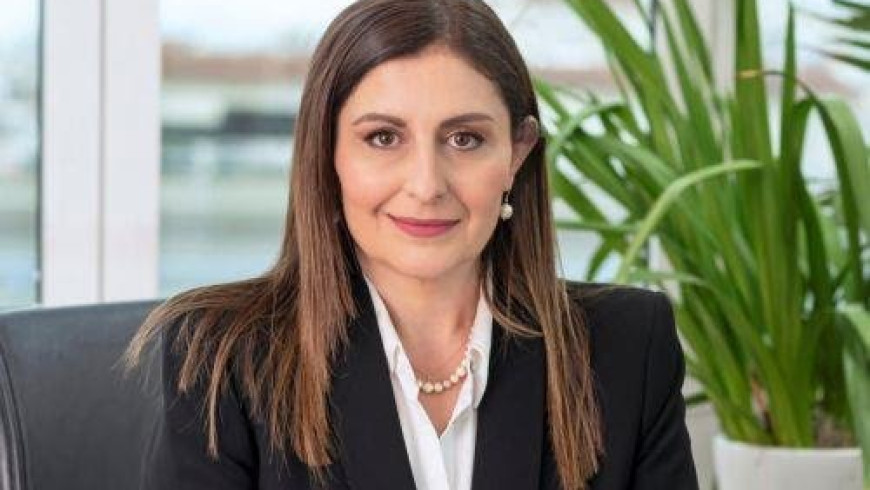



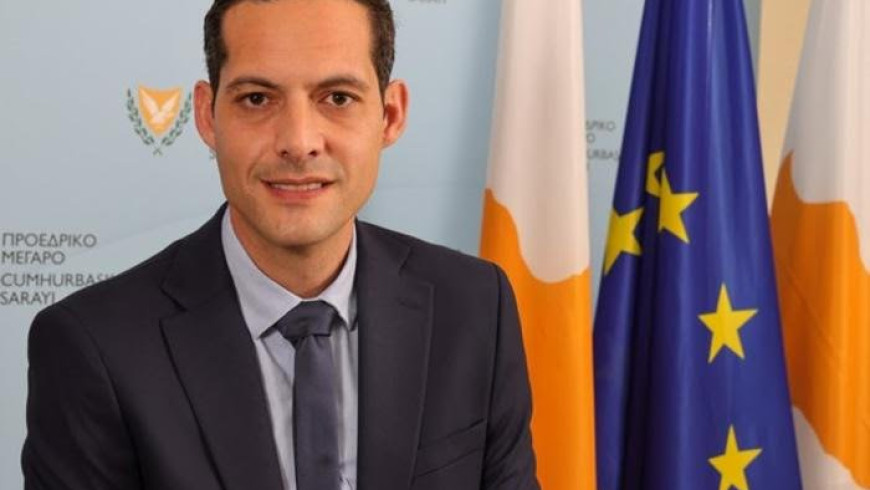
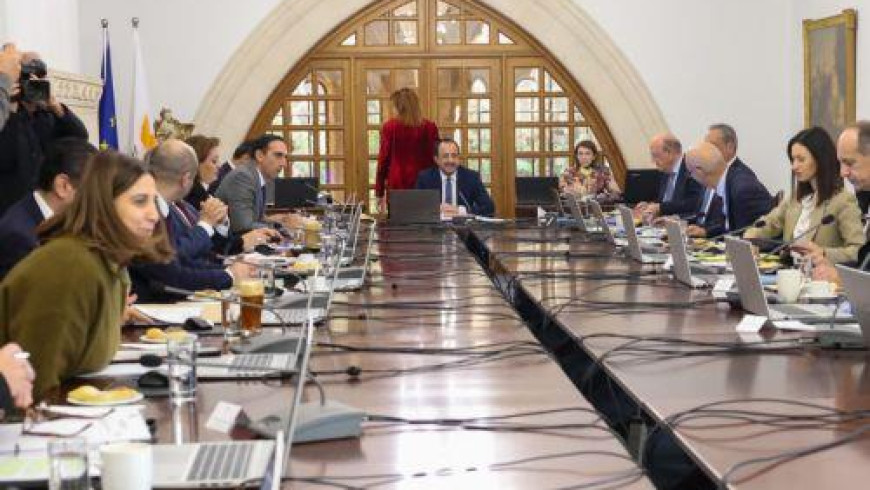
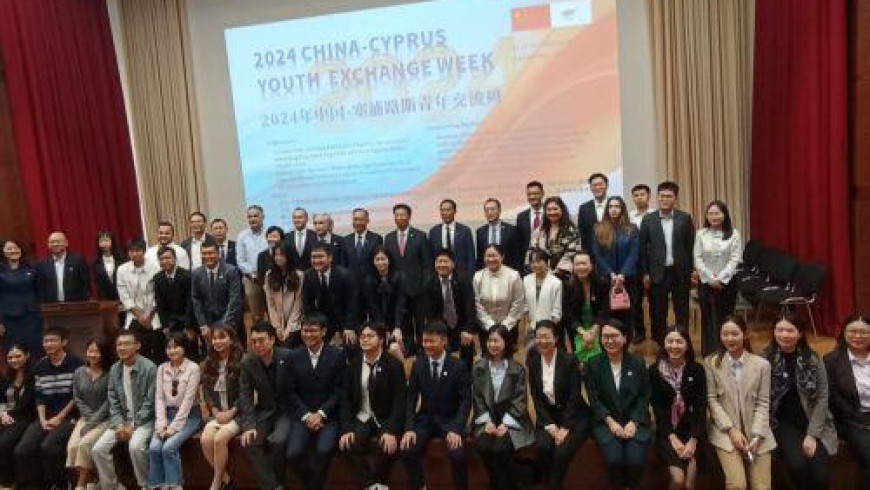





 3287.99
3287.99 1275.09
1275.09
